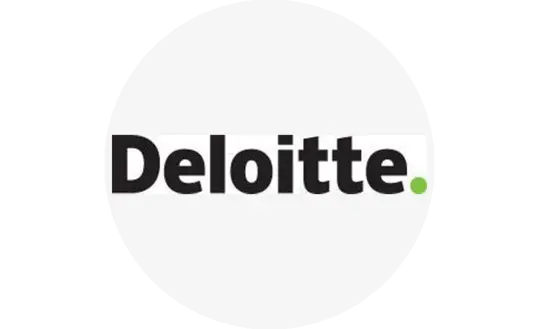New research shows that chief procurement officers and their teams are in the throes of a noteworthy transformation. These changes will sound extremely familiar to most chief tax officers, whose own transformational objectives dovetail nicely with those of their procurement partners.
Many procurement leaders and their teams are:
- Committed to shedding their function’s reputation as a price-focused, tactical cost centre and operating as a more strategic, value-generating function;
- Deploying advanced analytics to generate more accurate and forward-looking performance insights;
- Embracing digital transformation and deploying advanced automation solutions to drive those changes;
- Committed to improving operational efficiency;
- Focused on talent acquisition, talent retention and reskilling activities; and
- Seeking to strengthen their collaborations with CFOs while aligning on strategic priorities.
Some “CPOs are working to measure and communicate their function’s value proposition to finance,” according to a Deloitte report on the evolving CPO-CFO relationship. “These CPOs are demonstrating how procurement supports the organisation’s overall strategic aims. Most importantly, they are actively working for procurement to be seen as a value-generating internal function instead of a cost centre.”
Many tax leaders are focused on similar priorities while striving to strengthen their CFO collaborations and reduce the organisation’s tax liabilities. In fact, procurement and tax teams can, and should, work together to achieve that cost-optimisation objective.
Stubbornly high inflation, geopolitical unrest, trade sanctions and other supply chain disruptions are driving procurement functions to rethink traditional approaches to sourcing, which have historically prioritised low prices above all else. An alternative approach called strategic sourcing, “evaluates supplier scenarios to consider hidden costs or identify additional ways to remove costs from the end-to-end process, not just focus on purchase price,” according to a Protiviti report that encourages procurement teams to conduct comprehensive assessments of total costs.
Those all-inclusive assessments also should address indirect tax rates: What if those 400 laptops are purchased from the same supplier, but in a different U.S. state, one with a lower sales tax rate? How much would our company save by sourcing those raw materials from a supplier in a country with a lower value-added tax (VAT) rate? Can we adjust warehousing and other logistics approaches to reduce our tax liabilities?
These are the types of questions that indirect tax teams and procurement groups should address together. They can collaborate on other matters as well, including tax compliance accuracy and the integration of procurement platforms and tax engines.
“Automating the tax-procurement interface delivers beneficial impacts for a wide range of stakeholders,” notes my colleague Michael Bernard, Vertex’s Chief Tax Officer. “For example, it can improve the financial statements. When tax errors occur with any frequency, finance and accounting teams tend to post larger reserves to cover underpayments and potential audit penalties. Heightened tax compliance accuracy gives them the confidence to reduce the level of reserves they maintain. Improvements in the accuracy of tax payments can also free up working capital.”
By strengthening and elevating their work together, tax and procurement leaders can improve sourcing decisions, tax compliance accuracy and the bottom line.


